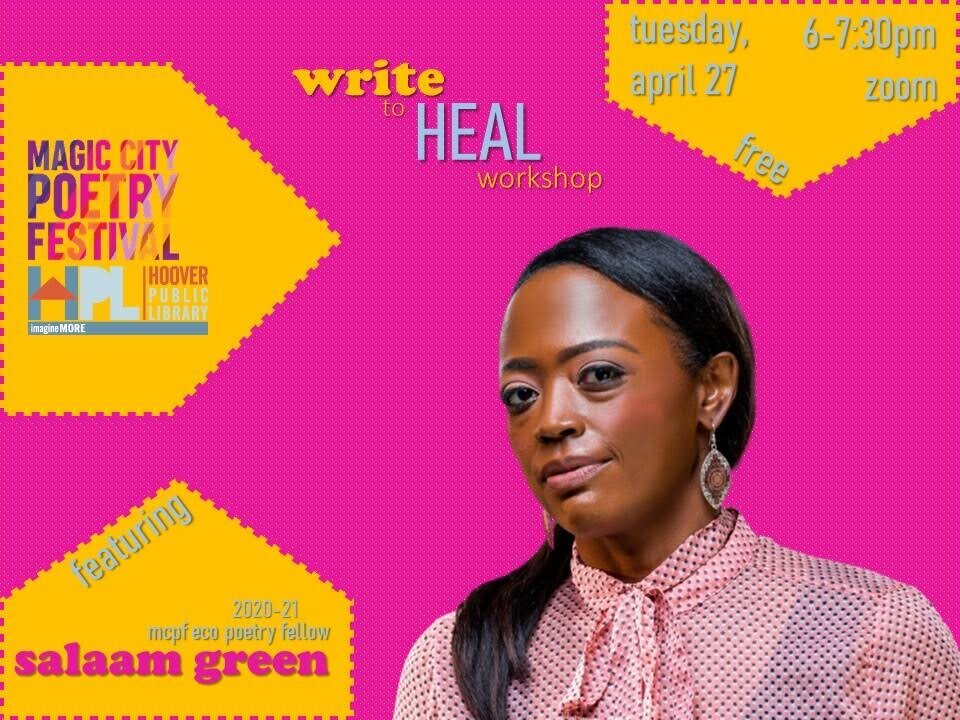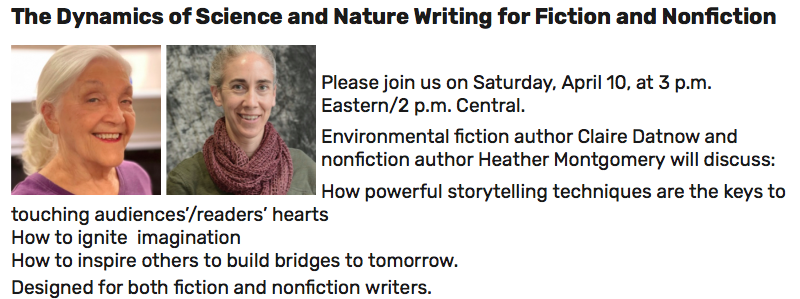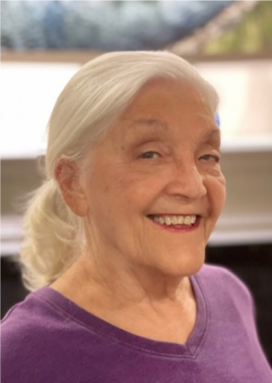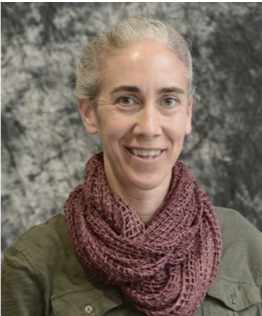Alabama’s Poet Laureate, Jennifer Horne
I’m grateful to have the opportunity to write about my term as poet laureate, and I promise to try to keep this from being a dry “report to the shareholders.”
Statewide and nationally, these past four years have been anything but dry and dull, and I’ve seen many poets writing in response to changes political, pandemical, and cultural. That outpouring has reminded me that one of the functions of poetry is addressing, struggling with, confronting, and trying to make sense of the things we see right in front of us. Those who listened to or read Amanda Gorman’s inaugural poem “The Hill We Climb” saw an excellent example of how poetry can respond to the historical moment.
As poet laureate, it’s been my honor and privilege to help the poets of our state in whatever ways I can, and to introduce their work, and the many uses and varieties of poetry, to our fellow citizens.
As I began my term, I’d expected to do a fair number of talks and workshops and introductions of other poets, and I’ve certainly done a lot of those, along with meeting with middle school, high school, and college classes, both in-person and virtually. One of my earliest meetings was with the Montgomery Rotary Club, where I was delighted to learn that their president read a poem to kick off each week’s meeting. I’ve also written endorsements (aka “blurbs”) for a number of books, advised poets on publishing and publicity, suggested poets as participants in various conferences and readings, assisted with grants panels, written letters on behalf of various people and festivals, written guest blog posts, been interviewed for podcasts, websites, and radio and print journalism, and judged national poetry contests as well as sponsoring a few for our statewide writing organizations. I even gave a commencement address, at Athens State University, in December 2019, drawing on my own experiences in becoming a writer. I was asked to contribute to a New York Times feature for Thanksgiving 2020 on what poet laureates thought their states had to be grateful for, and, along with poet laureates from around the nation, contributed a video recording of one of my poems for the Tishomingo Arts Council in Mississippi, a small arts council with big ambitions for celebrating National Poetry Month. To keep growing as a writer, I’ve read books on poetry, taken workshops and online classes, and tried to stretch myself in the forms and subjects I take on.
This past spring, I was serving as host for a hybrid in-person/virtual poetry reading of three recent MFA graduates at my local bookstore, Ernest & Hadley Books in Tuscaloosa, when the Alabama State Poetry Society announced me as their ASPS Poet of the Year. I wish I could have been there, even virtually, and thanked everyone for that honor. I was so grateful for their recognition and at least felt I had a good reason for not being able to attend!
Simply bringing up the word “virtual,” which we’ve all gotten so used to in the past year and a half, brings up a swirl of mixed emotions. It’s been good to be able to see friends’ faces and hear their voices on Zoom, but I have so missed being in the same space with others, letting the spontaneous conversations occur, making new friends by happening to sit next to someone. I even miss that feeling of good exhaustion I get when I’m on the way home from a conference, tired but inspired, ready to get back to my desk and try out some new ideas.
The table where Horne keeps track of her various activities as Poet Laureate
When the pandemic hit last March, I’d just been given a wonderful gift: the Alabama Writers Cooperative board had, unbeknownst to me, started a Facebook fundraiser to help provide me with travel money to do events around the state. The poet laureate position is unfunded, and having that “gas money” would have helped me do some events for those who had no travel budget for visiting writers. I was humbled by their raising $1,500 in twenty-four hours, and by the level of support for the literary arts and for my projects as poet laureate, that the funds represented. Most of that money ended up staying in the bank, as we all shortly became unable to meet together, and I expect it will be carried over to the next poet laureate’s new travel budget.
In response to the shutdown, I tried to think what I could do to help bring attention to poets who had new books but whose book events had been cancelled. I decided to record a video of myself reading a poem by an Alabama poet every day in April, National Poetry Month, and post it to the poet laureate feed I started on Twitter, @ALPoetLaureate, and as a public posting on Facebook. That went well, so I kept on with a once-a-week “Mid-Week Poetry Break,” which I’ve continued for over a year now. This past April, with the help of our state arts council and the Alabama Arts Alliance, I featured young Alabama poets who participated in the state Poetry Out Loud contest, one poet for every weekday of the month, with a mix of their recordings and my readings. In that month, I learned that there’s a lot of talent and heart on its way up, and that Alabama’s teachers are doing a wonderful job of supporting their young poets. To support our state’s young people at the beginning of the pandemic, in May 2020 I wrote and recorded a graduation poem for Alabama’s seniors, “Beyond the Numbers,” which I shared to social media and have also contributed to the Alabama Department of Archives and History pandemic recording project, “Collecting a Crisis.”
I did have a couple of disappointments: I tried for two Academy of American Poets Laureate Fellowships, and even though I thought I had good proposals with strong letters of recommendation, my applications weren’t selected. Every writer knows, though, that you submit many more pieces of work than get chosen for publication, and it’s good to remember that you don’t always have to have external funding or validation to get on with your work.
As a final project, I’m excited to be helping with on-the-ground advising for the essay contest and documentary “Poetry Unites Alabama,” directed by Ewa Zadrzynska. Inspired by Robert Pinsky’s “Favorite Poem Project,” Ewa makes documentaries about how people connect to poems and to one another through poetry, and so far she’s made films in Bulgaria, Germany, and Poland, and now in New York, Kansas, and Kentucky. Alabama is only the fourth U.S. state where she is making a film, and I hope everyone reading this will submit a short essay or encourage a poetry-lover in your life to submit one. More details on the contest and film are at https://poetryunitesamerica.com/.
Being poet laureate has been a rich and rewarding experience. I’ve learned that a poet laureate serves as a kind of repository for people’s thoughts on poetry, a useful place to put ideas and ask questions. I receive unexpected poems via email, poems shared to my Facebook page, touching responses to poems I read online, even the occasional poetry-related gift.
I sometimes try to put myself in the position of someone who’s never read poems or who, long ago, was told they didn’t “get” poetry and abandoned trying. If someone said to me, “Here are some wonderful math problems. If you just open yourself up, you’ll get so much out of them,” I can easily imagine the walls that would go up, how I’d think it would just be frustrating and demoralizing to try to understand them. I know a lot of people feel that same way about poetry, and so getting to be an interpreter of poetry, to explain what I find wonderful about an individual poem or to find a poem that’s just the right one for a particular person to relate to, gives me great satisfaction.
Jennifer Horne served as the twelfth Poet Laureate of Alabama, 2017-2021. During that time, she published a chapbook of poems, Borrowed Light; compiled and edited, with her sister, Mary Horne, a collection of their late mother’s poetry, Root & Plant & Bloom: Poems by Dodie Walton Horne; and completed a biography of Alabama writer Sara Mayfield, Odyssey of a Wandering Mind: The Strange Tale of Sara Mayfield, Author, forthcoming from the University of Alabama Press in Fall 2022. She is at work on a new collection of poems, Letters to Little Rock, based on her father’s life. She intends to continue being an advocate for Alabama poetry and looks forward to reading all the books of poems yet to be.































